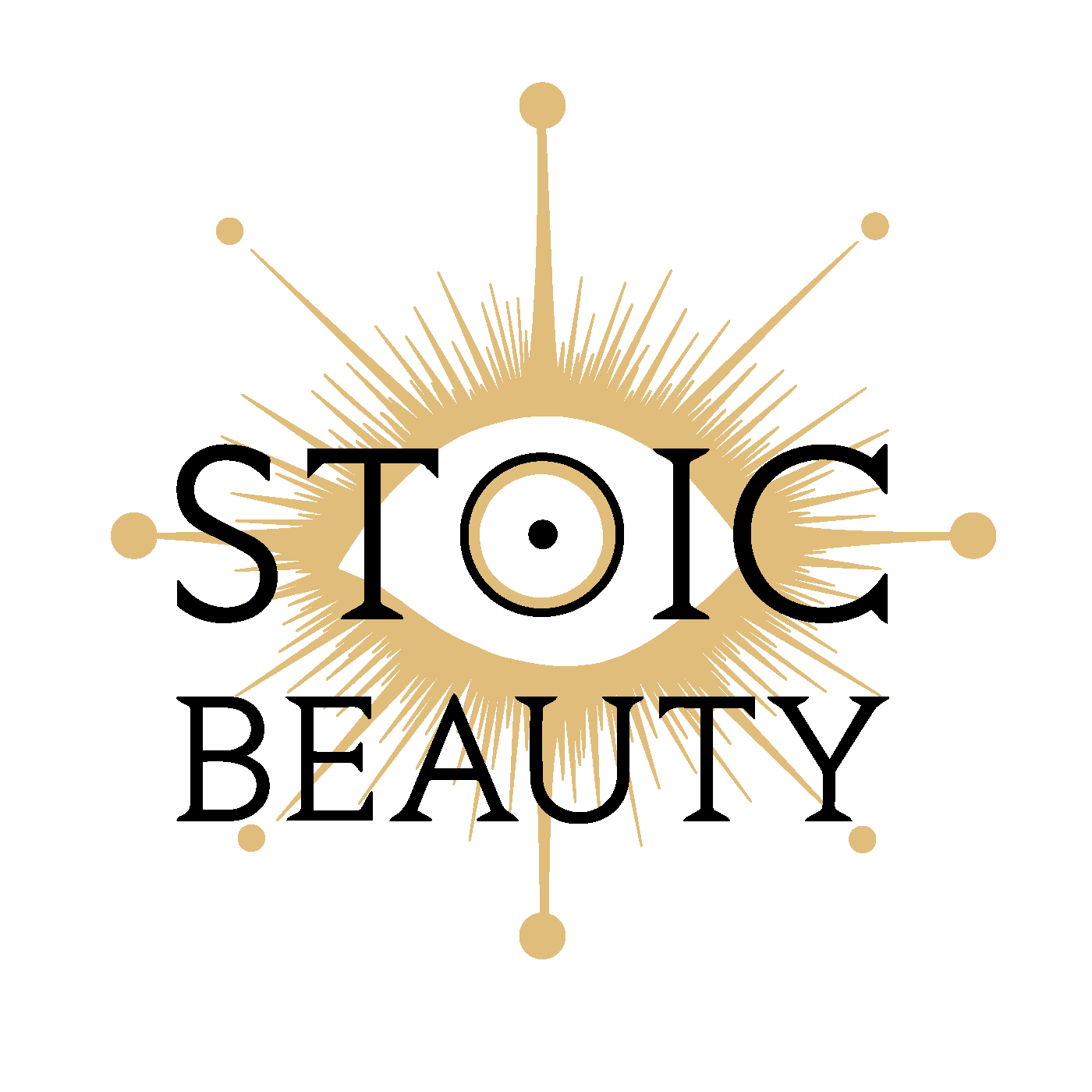
When it comes to skincare, It's easy to feel overwhelmed by the abundance of buzzwords and jargon that surround us. From patented technology to maximum strength claims, deciphering these terms can be a daunting task. In this blog, we aim to demystify these skincare buzzwords, empowering you to make informed decisions and avoid falling prey to misleading marketing tactics. Let's dive deep into the language of the beauty industry and gain a deeper understanding of what these buzzwords truly mean.
Let’s Get Down to Business
Patented Technology:
When a skincare product boasts patented technology, it means that the specific formulation or ingredient combination has been protected by a patent. This means that the product offers unique features or benefits not found in other products. However, remember that a patent alone does not guarantee effectiveness. Look for supporting evidence or customer reviews to assess whether the patented technology truly delivers on its promises.
Maximum Strength: Power in Concentration
The term "maximum strength" implies that a product contains the highest concentration of active ingredients allowed in over-the-counter skincare. It means that the formulation is designed to deliver potent results. However, keep in mind that maximum strength doesn't always equate to better results for everyone. Individual skin sensitivity and tolerance can vary, so patch test and follow the product instructions to avoid potential adverse reactions.
Clinical Strength:
Similar to maximum strength, the term "clinical strength" indicates that a product contains high concentrations of active ingredients. It implies that the formulation has been tested or proven in clinical trials to deliver specific benefits. However, it's important to note that "clinical strength" is not a regulated or standardized term. Do your research, examine the specific ingredients, and look for credible studies supporting the product's claims.
For All Skin Types: Inclusivity and Adaptability
When a product claims to be suitable for all skin types, it means that the formulation is designed to be compatible with a wide range of skin conditions. Whether you have normal, dry, oily, sensitive, or combination skin, these products aim to provide benefits without causing adverse reactions. However, individual skin sensitivities can still vary, so reading reviews or consulting with a skincare professional can offer valuable insights.
FDA Approved: Regulatory Compliance
If a skincare product claims to be FDA approved, it means that it has undergone regulatory scrutiny and received approval from the U.S. Food and Drug Administration (FDA) for specific claims or ingredients. However, it's essential to understand that the FDA primarily regulates drugs and medical devices, not cosmetics or skincare. In the skincare industry, FDA approval is typically required for products with specific drug claims. Most skincare products fall under the category of cosmetics and are regulated under different guidelines.
Anti-Aging: Age Gracefully
The term "anti-aging" is commonly used to describe skincare products that aim to address signs of aging, such as wrinkles, fine lines, and sagging skin. These products often contain ingredients like retinol, peptides, or antioxidants, which can help improve the appearance of aging skin.
Botanical: Harnessing Nature's Power
When a product claims to be botanical, it means that it contains ingredients derived from plants. Botanical ingredients are often celebrated for their potential benefits and natural properties. They can offer hydration, soothing effects, or antioxidant protection. Be aware that not all botanical ingredients are suitable for everyone, as individual allergies or sensitivities may exist. Always perform a patch test when trying new products.
So, Now That We Know
The language of skincare can be complex, but with a little knowledge, we can separate the facts from the fluff. So the next time you encounter skin care buzzwords like FDA approved, anti-aging, or botanical, take a moment to dig deeper. Look for scientific evidence, customer reviews, and seek advice from skincare professionals. Empower yourself with knowledge and choose products that align with your values and skincare goals.
Skincare is an ever-evolving journey, and understanding the language of the beauty industry is a step towards becoming a savvy consumer. Let's prioritize our skin's well-being, embrace authenticity, and enjoy the process of caring for our skin with confidence.